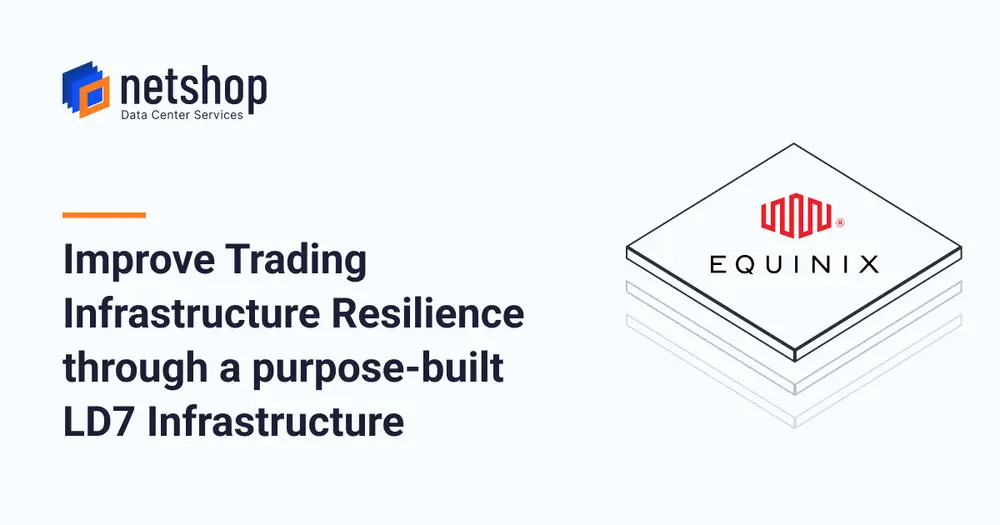China issued draft rules that, if enacted, would require exchanges to identify their clients.
The People’s Bank of China (PBoC) circulated new guidelines to regulate the country’s Bitcoin industry. The new rules would subject domestic bitcoin exchanges to current banking and anti-money laundering laws. According to the document, Chinese Bitcoin trading platforms would also have to collect and identify clients’ information. Further, in order to avoid market manipulation there is a plan to impose the transaction fees.
Exchanges will be required to install special systems that will collect customer information. Suspicious activity will be reported to responsible authorities and PBoC will be in charge of handling such cases.
PBoC distributed the draft rules to the major exchanges and is now seeking their feedback for revision.
The director of PBoC’s Business Administration division Zhou Xuedong recently said that authorities need to explore “long-term regulatory mechanisms” for all digital currency exchanges in the country. He also advised to create a blacklist of exchanges that do not follow set directives.
“A certain level of regulations on Bitcoin trading platforms are indeed necessary,” Zhou Xuedong commented. “Without the regulations, bubbles will be amplified by speculation, so I recommend some red lines should not be crossed.”
However, market insiders pointed out that stricter rules of bitcoin trading may force traders of bitcoin to find alternative platforms, possibly out of the country and at the same time keep the bitcoin price even higher.
“When exchanges lock up most part of the bitcoin stocks, and thus reduce the supply of the currency on the regular market, people may see an even more expensive bitcoin due to investors could go to grey markets for transaction,” an executive of a Beijing-based bitcoin exchange was quoted by Shanghai Daily.





















